By Daily Sports on April 12, 2020
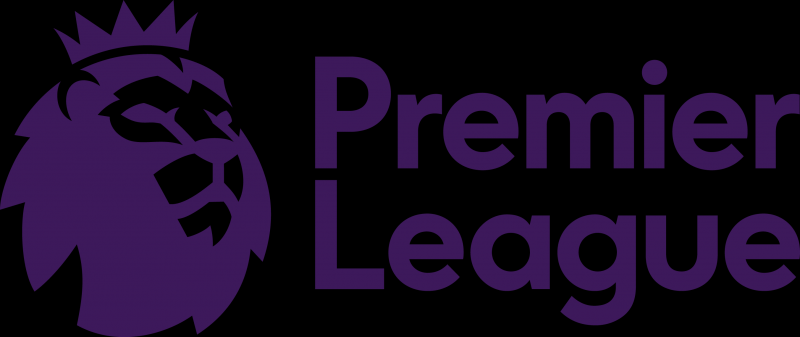
Exactly one month ago, Manchester City’s game against Arsenal became the first Premier League match to be postponed because of the coronavirus pandemic.
Two days earlier, Leicester had thrashed Aston Villa 4-0 at the King Power Stadium. Little did we know at the time that it would be the last Premier League game to take place before the competition was completely shut down, with no restart date in sight.
The entire football landscape has been transformed in the space of just four weeks as the world seeks to limit the impact of the virus.
The sudden loss of revenue has also forced clubs and players to make tough decisions in order to safeguard their future and help the fight against the disease.
BBC Sport takes a look at how events have unfolded over the past month:
10 March
Nottingham Forest confirm owner Evangelos Marinakis tests positive for coronavirus. Marinakis, who also owns Olympiakos, was present at Emirates Stadium for the Greek side's Europa League clash with Arsenal on 27 February.
11 March
Manchester City’s Premier League match with Arsenal is postponed as a “precautionary measure”. Several Gunners players who met Marinakis at the Olympiakos game are put into self-isolation.
Liverpool are knocked out of the Champions League after a 3-2 extra time defeat by Atletico Madrid (4-2 on aggregate). The game is played in front of a capacity crowd at Anfield, including about 3,000 travelling Atletico fans.
12 March
Arsenal manager Mikel Arteta tests positive for coronavirus and their weekend Premier League fixture against Brighton is postponed. In response, the Premier League announces it will hold an “emergency club meeting” to discuss future fixtures.
Three Leicester first-team players also go into self-isolation after displaying symptoms of coronavirus.
Meanwhile, Wolves draw with Olympiakos in Greece and Manchester United beat LASK in Austria, with both Europa League matches played behind closed doors. They remain the last matches in all competitions to be played involving Premier League teams.
13 March
Chelsea’s Callum Hudson-Odoi becomes the first Premier League player to test positive for coronavirus.
Players and staff at Bournemouth and Everton also self-isolate after members of their squad displays symptoms of the virus.
With the situation escalating, The Football Association, Premier League, EFL and Barclays FA Women’s Super League and FA Women’s Championship collectively agree to postpone the professional game in England until 3 April at the earliest.
17 March
Uefa postpones Euro 2020 for 12 months, giving European leagues that have been suspended a chance to be completed over the summer.
19 March
The suspension of English football is extended to 30 April, with the FA agreeing that the current season can be “extended indefinitely”.
23 March
Uefa postpones the Champions League and Europa League finals, scheduled for 30 May and 27 May respectively, as well as the Women's Champions League final, which was due to take place on 24 May.
Premier League clubs Manchester City and Chelsea are both still in the Champions League, while Manchester United and Wolves remain in the Europa League.
30 March
Newcastle become the first Premier League club to place all its non-playing staff on temporary leave using the government's coronavirus job retention scheme.
31 March
Tottenham announce that 550 non-playing staff will take a 20% pay cut. The club will also use the government’s furlough scheme in an attempt to “protect jobs”.
Norwich also begin to furlough some staff to “safeguard future jobs and help sustain the club throughout this period.”
1 April
Eddie Howe becomes the first Premier League boss to take a voluntary pay cut. A number of non-playing staff are also placed on furlough.
Uefa suspends all Champions League and Europa League games indefinitely following a meeting with the European governing body's 55 member associations.
All national team games in June are also postponed, including play-off matches for Euro 2020.
2 April
Health Secretary Matt Hancock says Premier League players should “take a pay cut and play their part” during the coronavirus pandemic.
Brighton head coach Graham Potter becomes the second Premier League boss to take a pay cut.
3 April
The Premier League says it will ask players to take a 30% pay cut in order to protect jobs. It also announces that the season will not resume until “it is safe and appropriate to do so”.
It then emerges that Premier League captains had already held talks over ways they could give money to charity during the coronavirus pandemic. The talks, led by Liverpool captain Jordan Henderson, discussed wage deferrals or cuts, or a move to help fund a charitable cause.
4 April
Liverpool announce they will furlough non-playing staff using the government’s job retention scheme, though the decision sparks a furious backlash.
5 April
Talks between the Premier League and PFA break down, with the players’ union arguing a 30% pay cut would be “detrimental to our NHS” as it would cause a loss of more than £200m in tax contributions.
6 April
Liverpool reverse decision to furlough non-playing staff and apologise to supporters. Chief executive Peter Moore says “We believe we came to the wrong conclusion last week and are truly sorry for that”.
After talks with the Premier League over a collective pay cut break down, players instead start negotiations on a club-by-club basis.
8 April
Premier League players launch the #PlayersTogether initiative to help generate funds for the National Health Service and distribute them “where they are needed most”.
Players say the initiative, in partnership with NHS Charities Together (NHSCT), is designed to “help those fighting for us on the NHS frontline” amid the coronavirus pandemic.
Tottenham boss Jose Mourinho accepts he broke social-distancing rules after pictured with players during a training session in a London park.
9 April
Southampton become the first Premier League club to announce their players will defer part of their salaries. The Saints also say they will not be using the government’s furlough scheme and all staff not deferring their salaries will “continue to receive 100% of their pay”.
Premier League clubs agree to receive millions of pounds in advanced payments related to league positioning and television fees in an effort to ease their cash-flow problems.
10 April
West Ham become the second Premier League club to announce their players will defer part of their wages. Manager David Moyes, vice-chairman Karren Brady and finance director Andy Mollett also take a 30% pay cut. (BBC)
Source Daily Sports
Posted April 12, 2020
You may also like...

Lagos SWAN EXCO visits Sport Ministry Liaison Officer...

Oscar and Hulk win Chinese Super League with...

Kane reveals Spurs were unaware of Inter result...

Cardiff City Submit Sala Evidence to Fifa

We will do everything to beat Eagles —...

Young Martinelli leads Arsenal's revival vs West Ham...

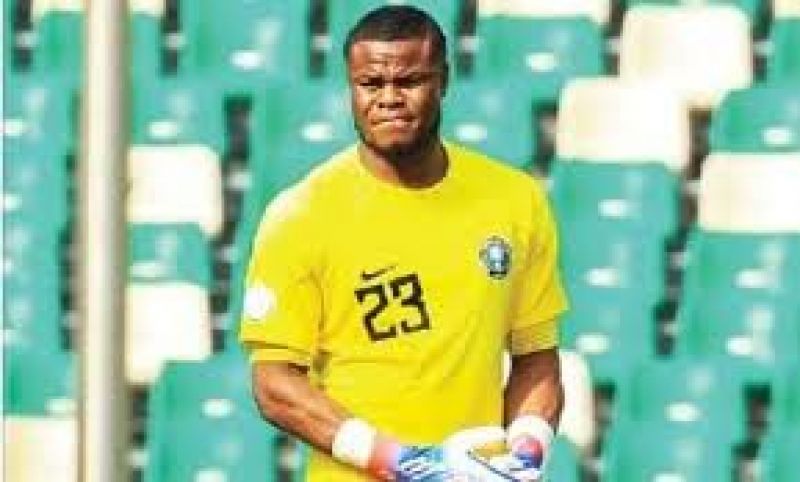 Simba open Nwabali talks
Simba open Nwabali talks Fulham goal thrills Chukwueze, praises Silva
Fulham goal thrills Chukwueze, praises Silva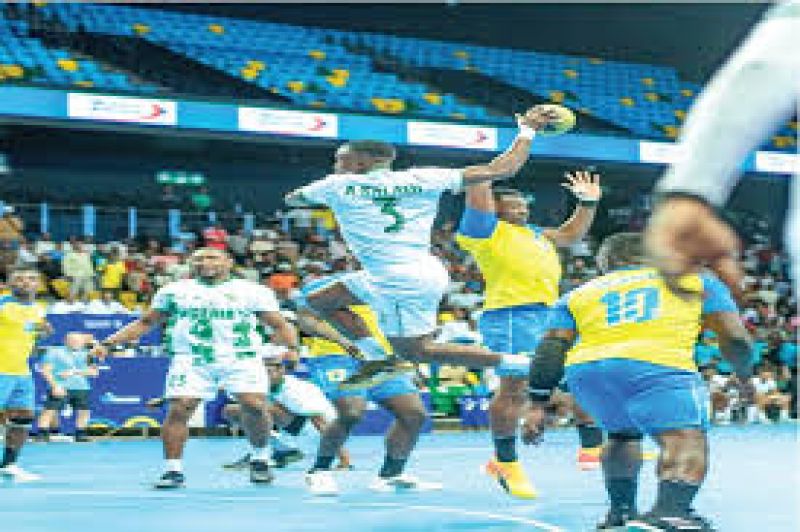 Nigeria face Egypt in must-win handball clash
Nigeria face Egypt in must-win handball clash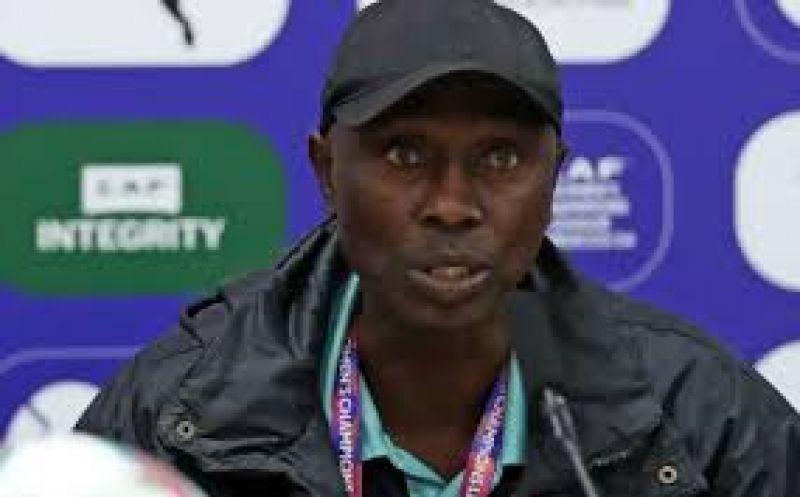 U20 W’Cup qualifier: Falconets coach confident as Nigeria prepare for Senegal
U20 W’Cup qualifier: Falconets coach confident as Nigeria prepare for Senegal_9.jpg) NPFL: Rangers win big as Nasarawa shock Abia
NPFL: Rangers win big as Nasarawa shock Abia Nigeria know World Table Tennis Champs foes today
Nigeria know World Table Tennis Champs foes today Bayelsa athletics boss Oredipe maps out dev plans
Bayelsa athletics boss Oredipe maps out dev plans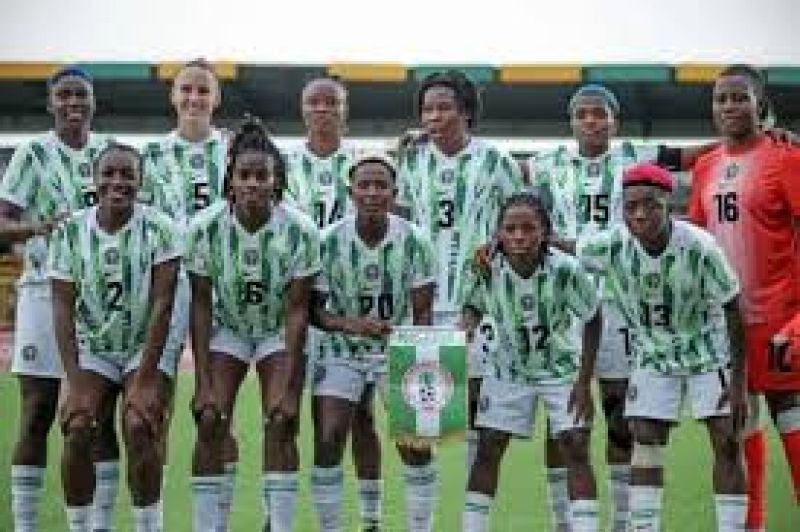 Falcons stars dominate IFFHS Africa XI
Falcons stars dominate IFFHS Africa XI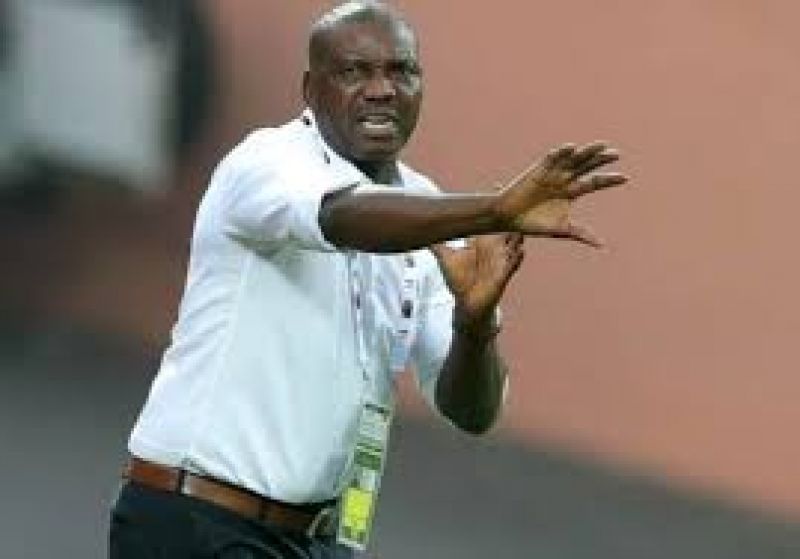 Eguavoen backs NPFL talents for Nigeria squad despite CHAN failure
Eguavoen backs NPFL talents for Nigeria squad despite CHAN failure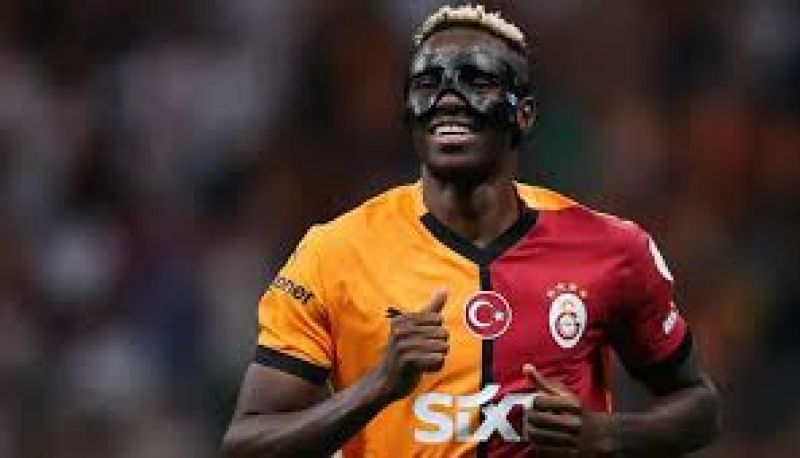 He’s very strong, Simeone returns Osimhen praise
He’s very strong, Simeone returns Osimhen praise Joshua boxing return still uncertain
Joshua boxing return still uncertain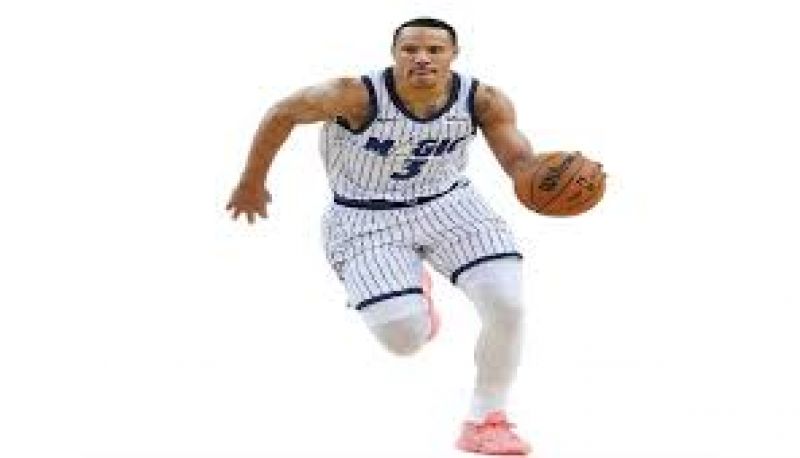 NBA star Bane eyes Nigeria switch
NBA star Bane eyes Nigeria switch Rangers International going, going . . . (63,497 views)
Rangers International going, going . . . (63,497 views) Amaju Pinnick: A cat with nine lives (54,791 views)
Amaju Pinnick: A cat with nine lives (54,791 views) Second Term: Amaju Pinnick, Other NFF Heavyweights Home to Roost •How Pinnick Broke the Jinx (52,687 views)
Second Term: Amaju Pinnick, Other NFF Heavyweights Home to Roost •How Pinnick Broke the Jinx (52,687 views) Current issues in Nigerian sports: Matters arising (52,348 views)
Current issues in Nigerian sports: Matters arising (52,348 views) Sports Development: Zenith Bank on the zenith (52,280 views)
Sports Development: Zenith Bank on the zenith (52,280 views) Missing $150,000 IAAF Grant: Solomon Dalung’s Hide and Seek game (52,190 views)
Missing $150,000 IAAF Grant: Solomon Dalung’s Hide and Seek game (52,190 views) Gov. Abdullahi Ganduje’s solid footprints, commitment to sports development in Kano State (52,058 views)
Gov. Abdullahi Ganduje’s solid footprints, commitment to sports development in Kano State (52,058 views) NFF Presidency: Pinnick, Maigari, Ogunjobi, Okoye in Battle for Supremacy (51,612 views)
NFF Presidency: Pinnick, Maigari, Ogunjobi, Okoye in Battle for Supremacy (51,612 views) Olopade, BET9A wave of revolution in NNL (50,789 views)
Olopade, BET9A wave of revolution in NNL (50,789 views) Commonwealth Games 2018: Shame of Muhammadu Buhari, Solomon Dalung (49,318 views)
Commonwealth Games 2018: Shame of Muhammadu Buhari, Solomon Dalung (49,318 views) Ibrahimovic’s Man U exit: Whose decision is it? And in whose interest? (47,705 views)
Ibrahimovic’s Man U exit: Whose decision is it? And in whose interest? (47,705 views) John Mikel Obi: Segun Odegbami’s Outrageous Call! (47,176 views)
John Mikel Obi: Segun Odegbami’s Outrageous Call! (47,176 views)